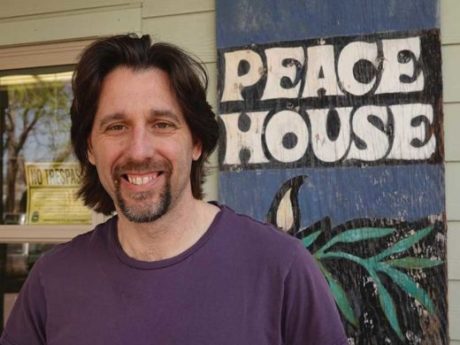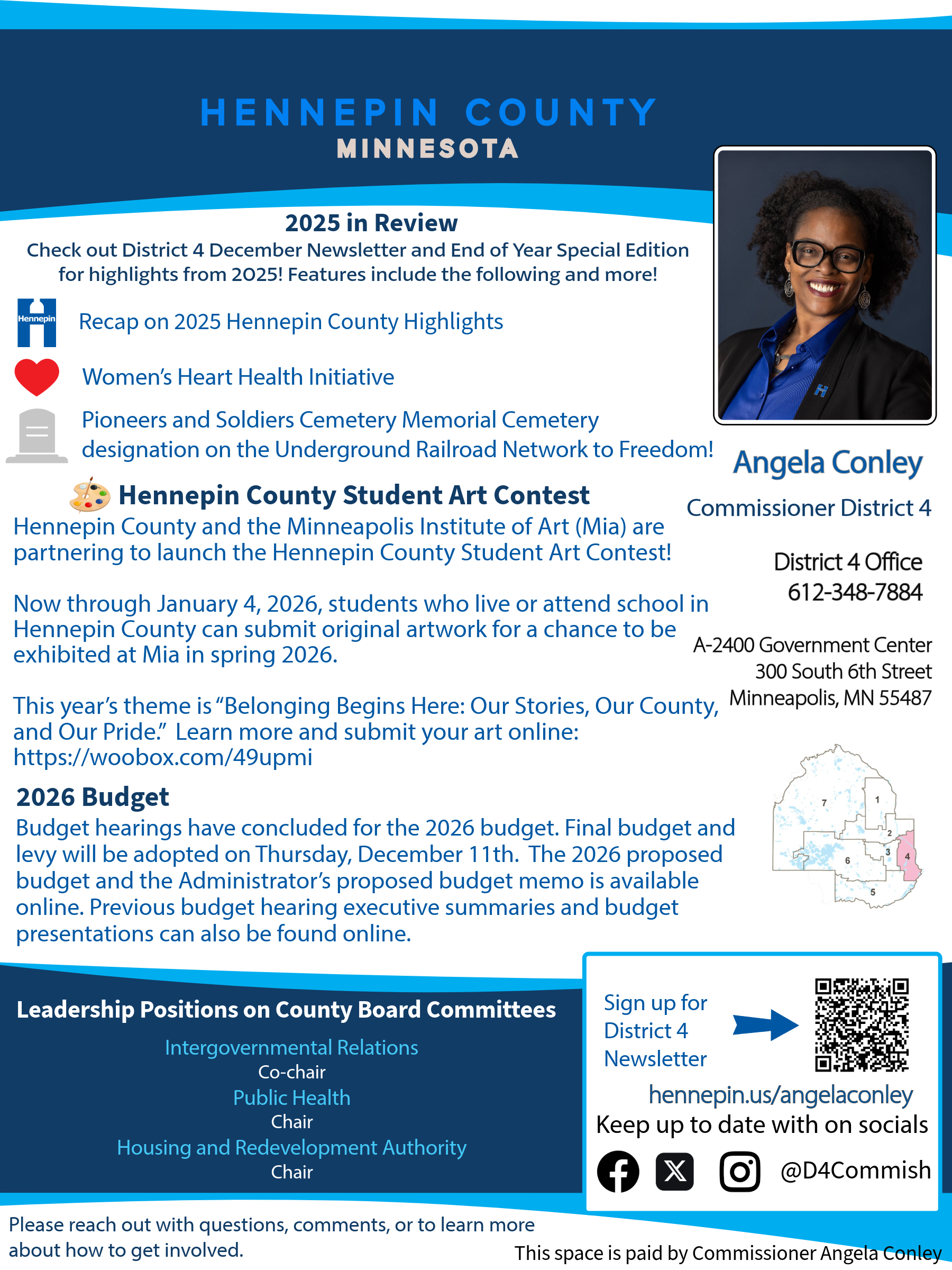from the series Peace House Community Journal…
By MARTI MALTBY

I’ve recently been reading various autobiographies. I started with Clint Malarchuk’s The Crazy Game, and am now working my way through What Does This Button Do? By Bruce Dickenson and My Effin’ Life by Geddy Lee. Malarchuk was a goalie in the National Hockey League who almost died on ice during a game after a teammate’s skate sliced his throat. Dickenson and Lee are singers with Iron Maiden and Rush, respectively.
Of the three, I have to rate Lee’s book above the others, although they all have their strong points. My Effin’ Life stands apart from the others because of Lee’s sense of history, and his understanding of where he fits into the world. Although he is telling his story, he makes sure to ground it in the world around him.
He lays the groundwork in the first sentence, where he provides his birth name. I have known since I was a teenager that Geddy’s real name was Gary Lee Wienrib, but it turns out I was wrong. Gary Lee Wienrib was, in fact, his third or fourth name (even Geddy admits to being confused at times about following his name’s evolution), with his birth name being Gershon Elizer Weinrib. His parents were Jewish Holocaust survivors from Poland, but he was born in Canada. Between Jewish naming traditions, emigration to a land with a different language and alphabet, immigration officials who anglicized names, his mother’s confusion about which child received which middle name, friends misunderstanding his mother’s heavy accent, and his decision regarding his stage name (which later became his legal name), his name constantly evolved. Lee establishes all of this in the first chapter, which spans about ten pages. In short, he uses his name to introduce not only himself, but his family, his heritage, and the historical situation that will give the reader the context to understand all that comes afterwards.
As good as The Crazy Game and What Does This Button Do? are, neither of them can address their world in the same way.
I wonder how many people are able to see themselves as Lee sees himself. While he tells the story of Geedy Lee, he knows that he is not the center of anything. In our world of self-promotion and social media followers, it seems that many people are fixated on how the world sees them, instead of the other way around.
A lack of consideration for others, whether through dangerous driving, answering your phone during a movie, or tossing trash on the ground, communicates a lot about the degree of self-centeredness one practices.
Even slogans that are meant to make us healthier, such as “My mistakes do not define me”, and “Boundaries are healthy and do not require explanation”, ignore the fact that we exist in a world of other people who are affected by our mistakes and our boundaries. Assuming that what we do is our own business and no one else’s is naïve at best and narcissistic at worst.
I know the world is complicated, and we can never understand all the results of our decisions, but I hope we can grasp the simple concept that we have a place in the world, and it isn’t at the center.
Marti Maltby is an avid cyclist, Director at Peace House Community, and an obnoxiously proud Canadian.









